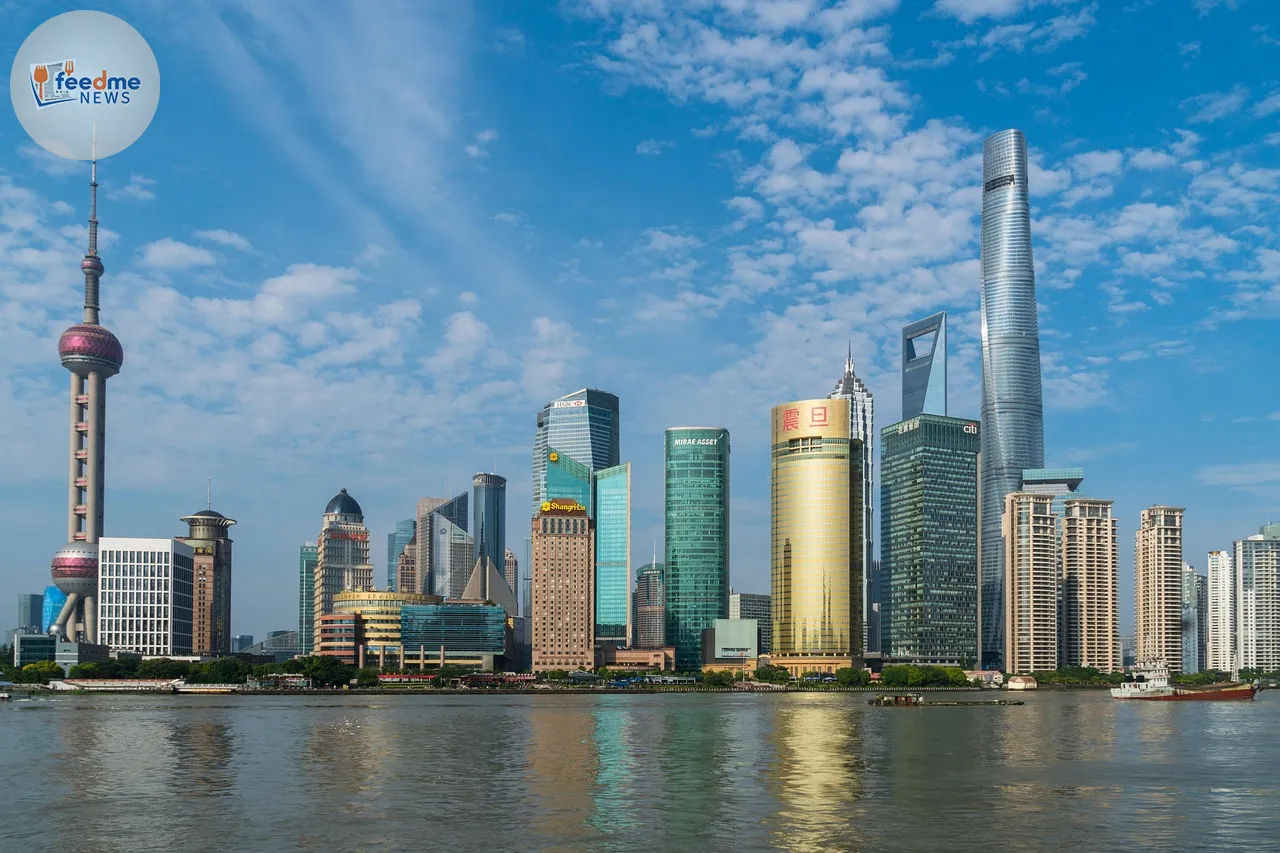In Shanghai, China’s bustling commercial hub, life continues at its frenetic pace. Shoppers throng luxury malls, and delivery drivers navigate the city’s winding streets with precision. Yet beneath this veneer of normalcy, a palpable shift is occurring. US President Donald Trump’s decision to impose a 145% tariff on Chinese goods has intensified anti-US sentiment among the city’s residents and business community. On social media, defiance against the US stance is growing, even as Chinese companies express relief that broader tariffs have been temporarily paused.
Trade Tensions Escalate
The announcement came on Thursday, catching many off guard. President Trump, known for his unpredictable economic policies, declared a 90-day pause on new tariffs targeting dozens of countries. This move was seen as a strategic retreat, offering a window for negotiations. However, China was notably excluded from this reprieve, with tariffs on its goods increased significantly.
The impact of these tariffs is profound, especially in Shanghai, which serves as China’s financial heart. Many businesses have used alternative routes through Southeast Asia to mitigate the effects of previous US tariffs. With the new measures in place, these channels risk being shut down, further straining the economic ties between the two superpowers.

Economic Implications for Shanghai
Shanghai’s economy, heavily reliant on international trade, faces significant challenges due to the increased tariffs. The city’s financiers, who initially felt a sense of relief at the pause in wider tariffs, now confront the stark reality of intensified economic pressures. The increased levies on Chinese goods threaten to disrupt the delicate balance of trade that Shanghai has maintained.
Experts warn that prolonged trade tensions could lead to a slowdown in Shanghai’s economic growth. The city’s status as a global financial centre hinges on its ability to facilitate trade seamlessly. With tariffs complicating this process, businesses may seek alternatives, potentially undermining Shanghai’s economic dominance.
Rising Anti-US Sentiment
The economic impact of the tariffs is accompanied by a surge in anti-US sentiment. Social media platforms are abuzz with posts criticising the US administration’s policies. Many Chinese citizens view the tariffs as an unjust attack on their country’s economic sovereignty. This sentiment is particularly strong in Shanghai, where the effects of the tariffs are felt most acutely.
Local media outlets have amplified these sentiments, portraying the tariffs as part of a broader strategy to undermine China’s economic rise. This narrative resonates with many in Shanghai, who see the tariffs as emblematic of a larger geopolitical struggle between the US and China.
Business Community’s Response
Despite the challenges, Shanghai’s business community remains resilient. Many companies are exploring new markets and strategies to circumvent the tariffs. Some are looking to strengthen trade ties with other Asian countries, while others are investing in domestic markets to offset the impact of reduced US trade.
Industry leaders in Shanghai are also calling for increased government support to navigate these turbulent times. They advocate for policies that promote innovation and diversification, ensuring that Shanghai remains a competitive player on the global stage.
Future Prospects
As Shanghai grapples with the fallout from the tariffs, the city’s future remains uncertain. The ongoing trade tensions between the US and China show no signs of abating, and Shanghai’s role as a commercial capital hangs in the balance. However, the city’s resilience and adaptability offer hope.
In the coming months, much will depend on the ability of Shanghai’s leaders and businesses to chart a course through these challenges. The city’s economic future hinges on its capacity to adapt to changing global dynamics and maintain its position as a linchpin of international trade.
As the world watches, Shanghai stands at a crossroads, embodying both the challenges and opportunities of a rapidly evolving global economy. The decisions made in the coming months will shape not only the city’s future but also the broader trajectory of US-China relations.





